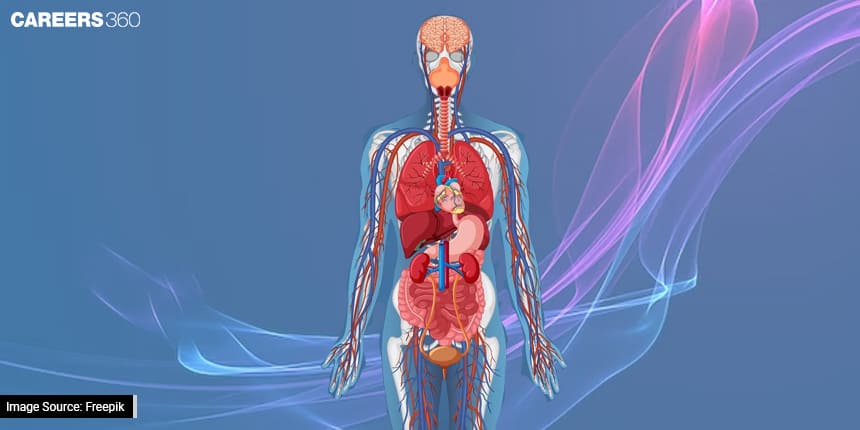Homeostasis: Maintenance Of Internal Balance
The human body, like other living organisms, operates within a dynamic and ever-changing environment. To thrive, it must navigate a myriad of external factors, from temperature fluctuations to variations in nutrient availability. Homeostasis acts as a biological thermostat, ensuring that the internal conditions necessary for life remain relatively constant. This process involves complex physiological mechanisms that regulate factors such as temperature, pH, and nutrient levels.
This Story also Contains
- Maintaining Temperature Homeostasis
- Regulating Blood Glucose Levels
- pH Regulation and Acid-Base Balance

Maintaining Temperature Homeostasis
Thermoregulation
Overview: Thermoregulation is a vital component of homeostasis that regulates body temperature.
Mechanisms:
Sweating: The body cools down through the evaporation of sweat, preventing overheating.
Vasoconstriction and Vasodilation: Blood vessels narrow to conserve heat (vasoconstriction) or widen to release heat (vasodilation).
Shivering: Muscle contractions generate heat when the body is cold.
Importance in Class 12 Biology
Relevance: Understanding thermoregulation is crucial for comprehending topics like human physiology and environmental adaptation in the Class 12 Biology syllabus.
Applications: Thermoregulation concepts are integral for answering NEET questions about human health and adaptation to diverse climates.
Also read: Genetics And Human Health: Decoding The Genetic Code For Medical Insights
Regulating Blood Glucose Levels
Insulin and Glucagon
Role: Insulin lowers blood glucose levels, while glucagon raises them.
Pancreatic Function:
Beta Cells: secrete insulin in response to high blood sugar.
Alpha Cells: Release glucagon when blood sugar is low.
Significance in NEET Preparation
Clinical Correlation: Disorders like diabetes mellitus are frequently assessed in NEET exams, making knowledge of insulin and glucagon crucial.
Molecular Biology Connection: Understanding the role of hormones aids in answering questions related to molecular biology and biochemistry.
pH Regulation and Acid-Base Balance
Acidosis and Alkalosis
Definition: Acidosis is when the blood pH is too low, and alkalosis is when it's too high.
Buffer Systems:
Bicarbonate System: Maintains pH in the blood.
Protein Buffering: Proteins act as buffers against sudden changes in pH.
Integration with Class 12 Biology
Link to Metabolism: Acid-base balance is interconnected with metabolic processes covered in Class 12 Biology.
Clinical Relevance: Disorders related to pH imbalance, such as metabolic acidosis, are pertinent in NEET exams.
Homeostasis is the fundamental principle of life, ensuring that the internal environment of an organism remains stable despite external challenges. The mechanisms involved, from thermoregulation to pH balance, are intricately connected and play a pivotal role in maintaining optimal health. For students preparing for Class 12 Biology and NEET, a thorough understanding of homeostasis is essential. The ability to apply these concepts not only enhances academic performance but also lays a strong foundation for comprehending complex biological processes.
Also read: Pharmacology And Drug Development: The Future Of Healthcare
Applications for Admissions are open.
As per latest syllabus. Physics formulas, equations, & laws of class 11 & 12th chapters
JEE Main Important Chemistry formulas
Get nowAs per latest syllabus. Chemistry formulas, equations, & laws of class 11 & 12th chapters
JEE Main high scoring chapters and topics
Get nowAs per latest 2024 syllabus. Study 40% syllabus and score upto 100% marks in JEE
JEE Main Important Mathematics Formulas
Get nowAs per latest syllabus. Maths formulas, equations, & theorems of class 11 & 12th chapters
